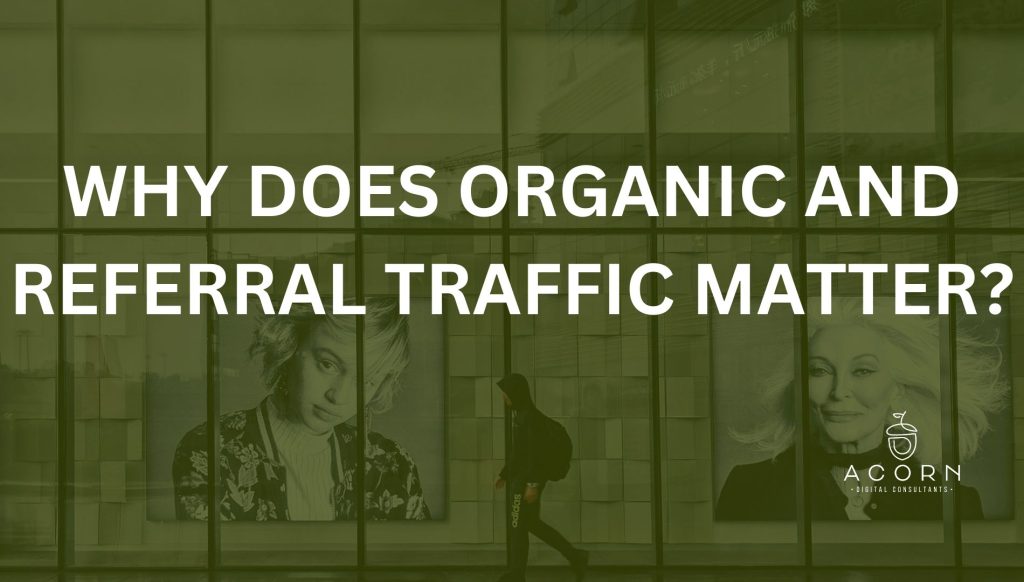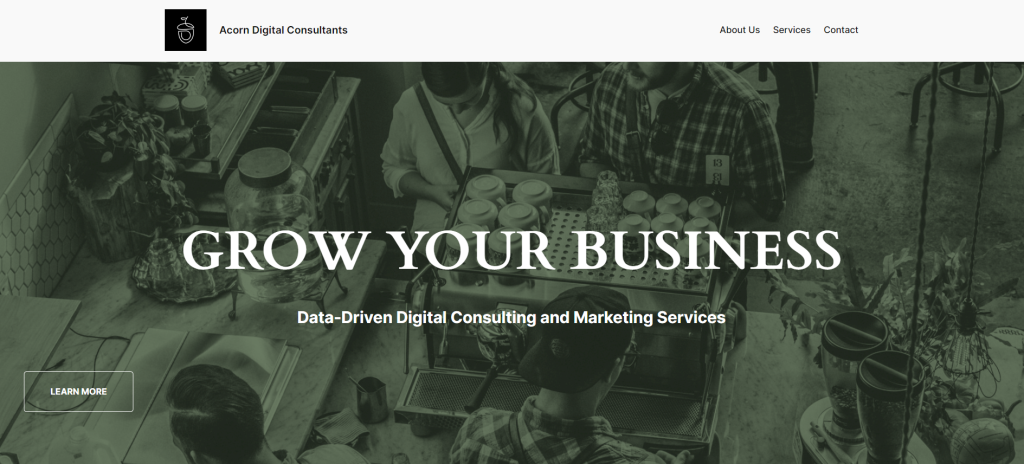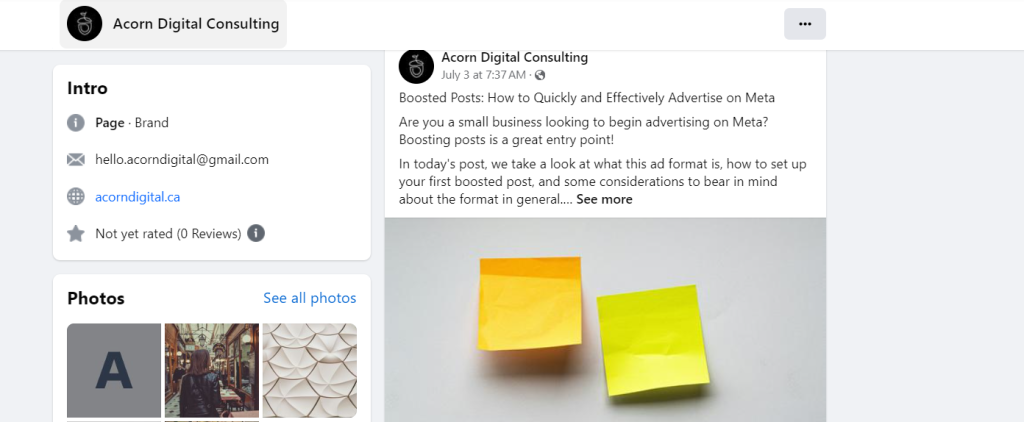Tell me if this sounds familiar.
You run a small business or maybe a restaurant and you went looking for help to market your offerings online.
You probably came across a couple of agencies or marketers promising things like being able to put your site on hundreds if not thousands of directories, channels, search engines, backlinks, and the like, all for a remarkably (if not suspiciously) low sum.
Pause right there in case you’ve ever been tempted to buy those services. At best, it’s junk, and all you did was waste your money.
At worst, you’re now out your hard-earned cash and your site is the recipient of major spam traffic.
Either way, it sucks. Please don’t buy those “services.” Real marketing services get the job done, but they aren’t miracles.
Fortunately, it’s easy to set up listings on other sites to help collect referral and organic traffic by yourself or with a trustworthy digital agency (sorry for the plug) – and the best part is that you don’t need hundreds of them. Probably just four.

A quick aside before we get into the meat of today’s topic.
If you’re wondering why any of this matters, well there’s no shame in learning (knowledge is power and not everyone is a digital marketer).
The important bits are this:
- Organic traffic is any potential customer that found your business or offerings through a web search. This means out of all the listings that appear in Google’s search results, they chose yours! The best part is that organic traffic is also “free” in that you don’t pay per click. The more organic you get, the more you don’t have to pay for each nibble from a prospect.
- Referral traffic is potential customers that found your business details or offerings on another site. The more referrals means the more people finding your offerings and being pointed in the right direction.
In other words, with a bit of elbow grease, you can get more eyes on your products and services for a lower cost than paid digital advertising.
1 – Your Website

Okay, this might be a bit cheeky to call a website a listing, but if we look at the search results page the way we might look at the storefronts at the mall, wouldn’t you get more notice with your own entranceway (rather than just a shelf at the back of someone else’s store)?
A website, after all, should be the online gateway to your business.
It demonstrates your brand, holds all your products and services, and is the place your customers know they can go to always reach you.
So, if you don’t have one, as many smaller businesses often find themselves, why wouldn’t you want to put your business out there where people can find them?
While there are lots of alternative ways that businesses do get found on the web (and we listed a few below), websites offer of potential and versality where search engine optimization is concerned (helping your business get found when people look for it).
Depending on how you operate, your site can also be your secondary or primary storefront through an ecommerce setup.
Really, every business in 2024 needs a website, and a good one at that.
2 – Google Business Profile(s)

Google Business Profiles are what powers the those little red marker pins for local businesses on Google Maps as well as the map snippets that sometimes appear in the search results.
If you have a physical presence, you absolutely need to have a Google Business Profile set up (and ideally one for each location if you have many).
Now, you might notice that one already exists for your business even if you never set it up.
This usually happens when other users inform Google your business is there – in other words, people are trying to make it easier for Google and other folk to find you.
So why not claim it yourself and ensure all the info is up to date? You can also use the platform to highlight offers and limited time specials, encouraging your regulars to stop by again!
3 – A Branded Facebook Page

One common mistake that a lot of smaller businesses make is that they set up a profile for their business and not a page.
A profile is functionally the same as your personal account, and while you can use it to comment on posts, and provide basic info about your business, you miss out on all the features the platform offers businesses.
Pages, notably, are geared towards businesses or brands. You can use it to update important information such as your address, hours, and contact information the same you would at other listings.
You can also post a link to your site, pictures of your menu, and – for more impact – quality pictures of your restaurant or menu items.
You can also use the platform to comment as your brand, post updates, share videos, and anything else your fans might want or need!
4 – At least 1 Review Site (like Trip Advisor or Yelp)
Whether you want to or not, there’s a good chance that your business (especially if you’re a restaurant) will start appearing on sites like Yelp or TripAdvisor either in the form of a discussion or reviews.
The important thing you need to remember is why people go online to leave reviews – either the experience was amazing, or it was terrible.
While good reviews are nice, it’s the bad ones you need to watch out for!
For instance, ut might just be more busy work when it comes to managing reviews and expectations, but consider the difference on perceptions between a business with a 3.9 out of 5 review and a 4.1.
According to some data, that tiny 0.2 drop in reviews can lead to a whopping 67% decrease in trust – and trust encourages people to shop for the first time.
So if you see your business getting a lot of reviews or appearing in discussions on one of those sites, be sure to join it.
5 – Bing Business (Bonus Points!)
I know I said 4 channels at the top of this post, but this fifth one is a freebie.
If your business operates in North America (namely, Canada and/or the USA), you might be surprised to know that people also use Bing to discover new businesses.
Bing might not be much of a big deal in terms of total search volume, but in some areas it nevertheless holds into a roughly 10% share of search engine users.
That still means that 1 out of every ten people could be using big to discover your business – provided you are on that platform.
In this case, if your physical location matters, we strongly recommend setting up your business profiles on Bing the same way you did on Google.
It’s very simple to do – especially since you can sync your existing Google profiles to Bing.
A couple of clicks and you’ll be optimized on Bing too!
Are you looking to get your essential organic and referral channel listings set up but don’t have the time or know where to begin? Or maybe you already have them but are in need of a second set of eyes to optimize them?
We’ve got over 20+ years experience working with organic and referral listings. If you’re in need of help or just some tips to get started, be sure to contact us.


